How can countries solve the dilemma?
Join the "Clean Ocean" initiative of the United Nations Environment Programme!
Since its launch in 2017, more and more countries have joined & supported the "Clean Ocean" advocacy activities(CleanSeas Campaign).Join hands to tackle the challenges of marine litter and plastic pollution. Currently, 63 countries, including coastal and landlocked countries, have signed the "Clean Ocean" initiative and made ambitious commitments.
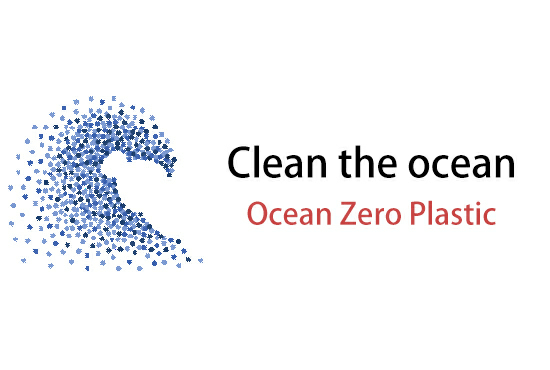
Among them, most countries promise to reduce/eliminate single-use plastic products through stronger legislation and supervision. Other countries have pledged to increase investment in related recycling facilities nationwide and promote the implementation of national action plans to prevent plastic waste from damaging coastal and marine ecology.
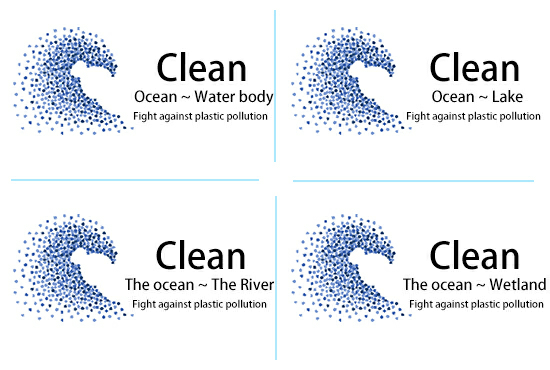
This year is the closing year of the basic version of the "Clean Ocean" initiative. Clean ocean will be upgraded soon!
In the next stage, the event will focus on applying the "source-to-sea method" (source-to-sea) to identify, prevent and reduce plastic waste entering the ocean, and to curb the formation of marine plastic waste from the source. Do you know? The vast majority of marine debris comes from land and enters the ocean through lakes, rivers and rivers.
In this transitional period of upgrading, we encourage more countries to join this wave of actions that radiate the world!
Recently, we talked to Leticia Carvalho, head of the Ocean and Freshwater Division of the United Nations Environment Programme (UNEP), to learn more about the significance of joining the "Clean Ocean" initiative and how countries can join it.

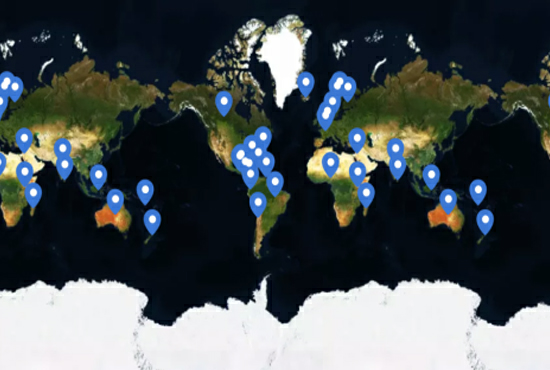
The "Clean Ocean" initiative was launched in 2017 and has accumulated 63 signatories so far. What does it mean for a country to join the "Clean Ocean" initiative?
The countries that signed to join the "Clean Ocean" initiative will gradually become pioneers in the fight against ocean plastic pollution. Joining this advocacy means agreeing with the goals of the advocacy; obtaining permission to access relevant platforms and understanding the best practices to combat marine plastic pollution; The signatories can also use this platform to publicize their own anti-plastic efforts and encourage more countries to take action. There are no financial requirements for the "Clean Ocean" advocacy.
The signatories can request technical support from the United Nations Environment Programme to help them formulate a national action plan to deal with marine litter and plastic pollution. So far, our signatories cover 60% of the world’s coastline. But we look forward to the participation of more countries, especially major plastic producing countries, to help us accelerate the realization of the "clean ocean" advocacy mission in protecting relevant waters, ecosystems, and wildlife.
Why do countries need to join the global wave of action to "clean the oceans"?
Due to unsustainable production and consumption, mankind is currently facing three interconnected earth crises. Among them, pollution is one of the crises that are equal to the loss of biodiversity and climate warming. We must pay attention to the negative impact of marine debris and plastic pollution on the health of humans and the planet. When we look back and look at the terrestrial and marine ecosystems (from the source to the ocean) along the value chain, we clearly recognize the harm of plastic waste and the urgency of solving the problem of plastic pollution. Approximately 80% of the 11 million tons of plastic that flows into the ocean each year come from land. They flow into the ocean through lakes, rivers, and other waterways.
Nearly 1,000 rivers around the world contract 80% of the global annual plastic emissions from "river to sea". Rivers have become the main porters of ocean plastics, but river pollution has been seriously underestimated. We hope to help the government raise awareness and strengthen legislation from the source, and encourage better commercial recycling and disposal practices. In the final analysis, the problem of ocean plastic pollution affects the earth, society and livelihoods, and is related to human health. The government should assume its due responsibility to ensure that citizens enjoy a safe, clean, healthy and sustainable environment, and most of the goals can be achieved by encouraging and rewarding private sector innovation.
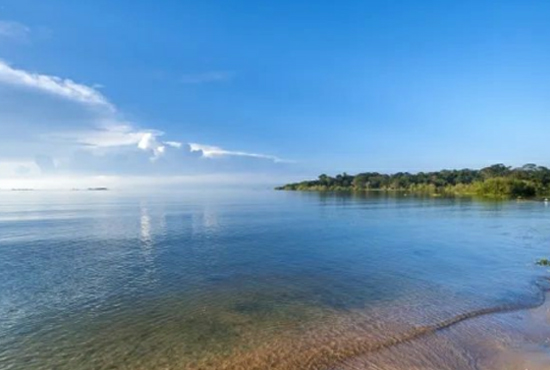
Among all signatories, are there any sub-(marginal) groups that have played an important role?
We found that in some countries, major water bodies (such as rivers and lakes) in the upstream position have become the main way to "transport plastic waste into the sea". Therefore, it is important to mobilize the governments of relevant countries to help prevent plastic waste from flowing into the ocean.
So far, two landlocked countries have signed up to join the "Clean Ocean" initiative. One is Paraguay, and the other is Uganda, which signed to join just last month.
If the problem of ocean plastic pollution can be dealt with as soon as possible, small island developing States (SIDS) will benefit a lot, and vice versa, they will suffer heavy losses. Because most of these small island countries have picturesque beaches and colorful underwater worlds, they are extremely dependent on tourism.
On average, tourism accounts for nearly 30% of the GDP of small island developing States. However, small island countries are now suffering from the severe impact of the COVID-19 pandemic. Tourists have lost a lot, scenic spots are also affected by plastic pollution, and negative news of disposable masks and personal protective clothing washing the coast is frequently reported.
Many small island developing States have enacted strict bans on plastics, and actively assume the role of a leader, working with other countries to fight against plastic pollution. Today, 13 of the 39 small island developing States have joined the "Clean Ocean" initiative, and they are one of the largest subgroups of "Clean Ocean". We hope to work hand in hand with those countries that have not yet joined to ensure that their anti-plastic efforts are coordinated with the goal of "cleaning the ocean."
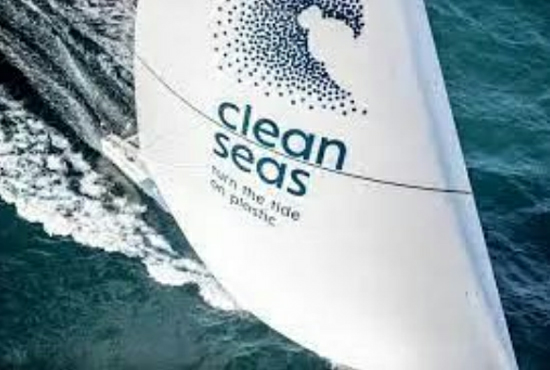
How does a country apply to join the "Clean Ocean" initiative?
It's easy! A country only needs to determine its current and future ambitions and goals to combat plastic pollution, make corresponding commitments on this basis, and send a "letter of intent" to the Executive Director of the United Nations Environment Program.
The United Nations Environment Programme is ready to help each national team successfully sign contracts and provide relevant expertise to help countries formulate national action plans.
The "Clean Ocean" advocacy is committed to achieving the goals of the "Global Partnership for Prevention and Reduction of Marine Litter" program, which is a voluntary and open partnership for international institutions, governments, businesses, academia, local authorities and non-governmental organizations. Organize cooperation and innovation in solving marine garbage and plastic pollution.

